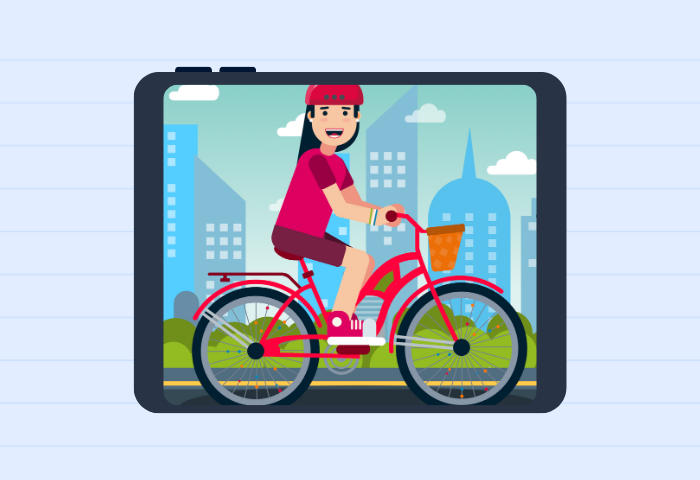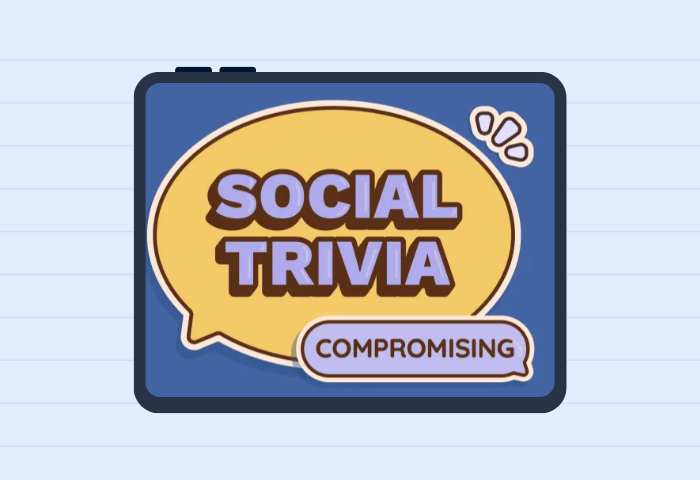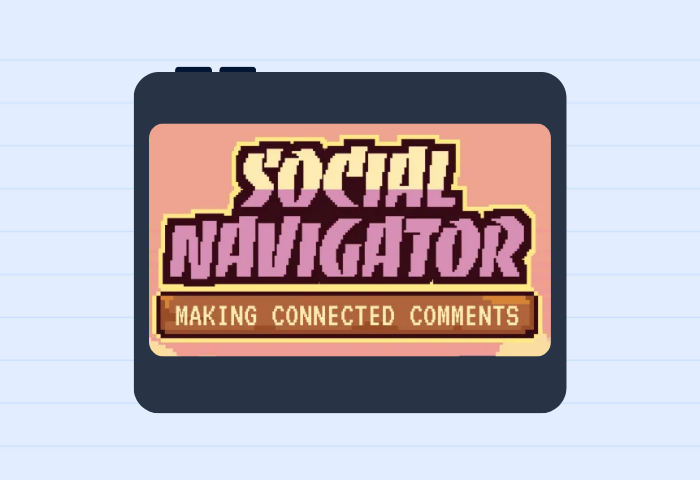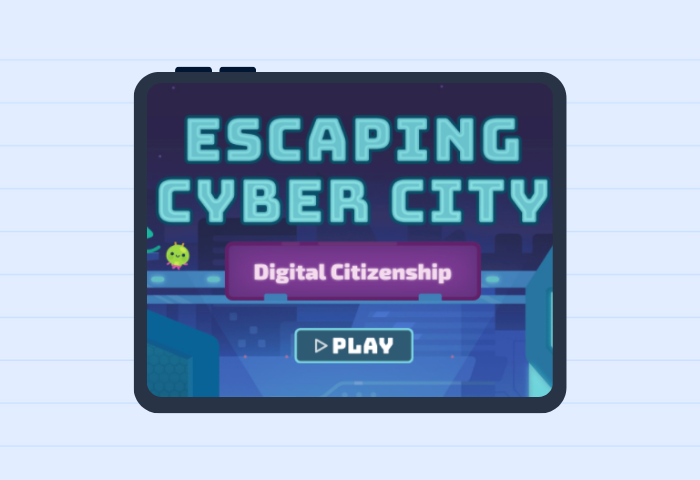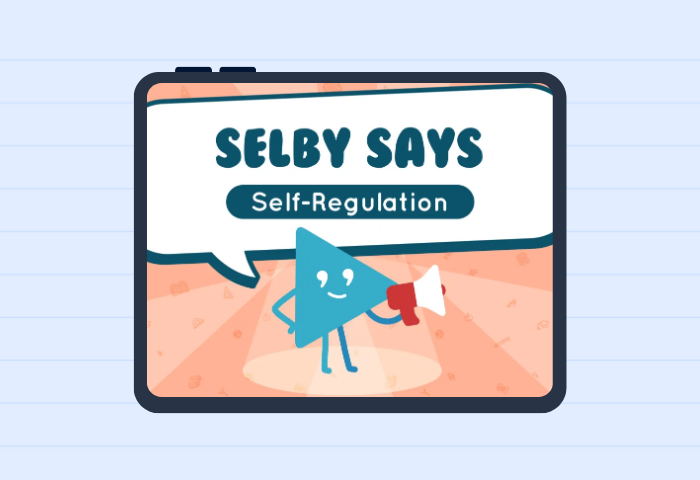IEP Goals for Autism: Promoting Growth and Development
Get free social skills materials
No-prep lessons on self-regulation, emotional recognition, conversation skills, and more.
Sign up here
Key Takeaways
- IEP goals are essential for addressing the social, emotional, academic, and adaptive needs of children with autism.
- Incorporating Social Emotional Learning (SEL) into IEP goals can significantly promote growth and development.
- Key areas for IEP goals include communication and language skills, social skills and emotional regulation, academic and cognitive skills, and adaptive and independent living skills.
- Collaboration among parents, educators, and therapists is vital for creating and implementing effective IEP goals.
Introduction: IEP Goals for Autism: Promoting Growth and Development
Are you a parent or educator searching for effective strategies to support children with autism? Look no further! In this blog post, we will explore the importance of Individualized Education Program (IEP) goals for children with autism and how Social Emotional Learning (SEL) can promote their growth and development.
Related resources: See our full list of video modeling activities for teaching social skills.
Understanding Autism and its Challenges
Autism Spectrum Disorder (ASD) is a neurodevelopmental disorder characterized by challenges in social interaction, communication, and repetitive behaviors. Individuals with autism often face difficulties in understanding and expressing emotions, forming relationships, and adapting to changes in their environment.
Addressing the social and emotional needs of children with autism is crucial for their overall development and well-being. By incorporating SEL into their IEP goals, we can provide them with the necessary skills and support to navigate social interactions, regulate their emotions, and thrive academically.
Key Areas for IEP Goals in Autism
Communication and Language Skills
Enhancing communication and language skills is essential for individuals with autism to effectively express their thoughts and needs. IEP goals in this area may focus on improving verbal and nonverbal communication abilities, enhancing receptive and expressive language skills, and promoting effective social communication and interaction.
Social Skills and Emotional Regulation
Developing appropriate social skills and understanding social cues are vital for individuals with autism to form meaningful relationships and navigate social situations. IEP goals in this area may include enhancing emotional regulation and self-control, fostering empathy and perspective-taking abilities, and promoting positive social interactions.
Academic and Cognitive Skills
Improving academic performance and cognitive skills can empower individuals with autism to succeed in educational settings. IEP goals in this area may focus on enhancing academic skills in various subjects, improving executive functioning skills such as organization and planning, and promoting problem-solving and critical thinking abilities.
Adaptive and Independent Living Skills
Developing adaptive and independent living skills equips individuals with autism with the necessary tools to navigate daily life and become more self-reliant. IEP goals in this area may include developing self-help skills such as personal hygiene and meal preparation, promoting independence in daily activities like dressing and time management, and enhancing community integration and participation.
Examples of IEP Goals for Autism
Let’s take a look at some examples of specific IEP goals that can be incorporated into a child’s Individualized Education Program:
Communication and Language Skills
- Goal: The student will increase their vocabulary by learning and using 10 new words per week.
- Goal: The student will improve their ability to initiate and maintain conversations with peers during structured activities.
Social Skills and Emotional Regulation
- Goal: The student will demonstrate appropriate turn-taking skills during group activities, with minimal prompting.
- Goal: The student will identify and express their emotions using appropriate language and strategies.
Academic and Cognitive Skills
- Goal: The student will improve their reading comprehension skills by answering questions related to a given text.
- Goal: The student will develop problem-solving skills by independently solving math word problems.
Adaptive and Independent Living Skills
- Goal: The student will independently complete personal hygiene routines, including brushing teeth and washing hands.
- Goal: The student will demonstrate appropriate behavior and safety skills while participating in community outings.
Collaborating with the IEP Team
Collaboration between parents, educators, and therapists is essential in creating and implementing effective IEP goals for children with autism. Regular communication and progress monitoring allow for adjustments and modifications based on individual needs and progress. Together, we can provide the best support and opportunities for growth.
Conclusion
Individualized Education Program (IEP) goals play a crucial role in promoting growth and development in children with autism. By addressing their social, emotional, academic, and adaptive needs, we can empower them to reach their full potential. If you are in the discovery stage of seeking solutions for your child or student, I encourage you to seek professional guidance and support.
Looking for More on IEP Goals for Autism to Foster Growth and Development?
Start your Everyday Speech free trial today and explore further resources and information on Social Emotional Learning and IEP goals for autism.

